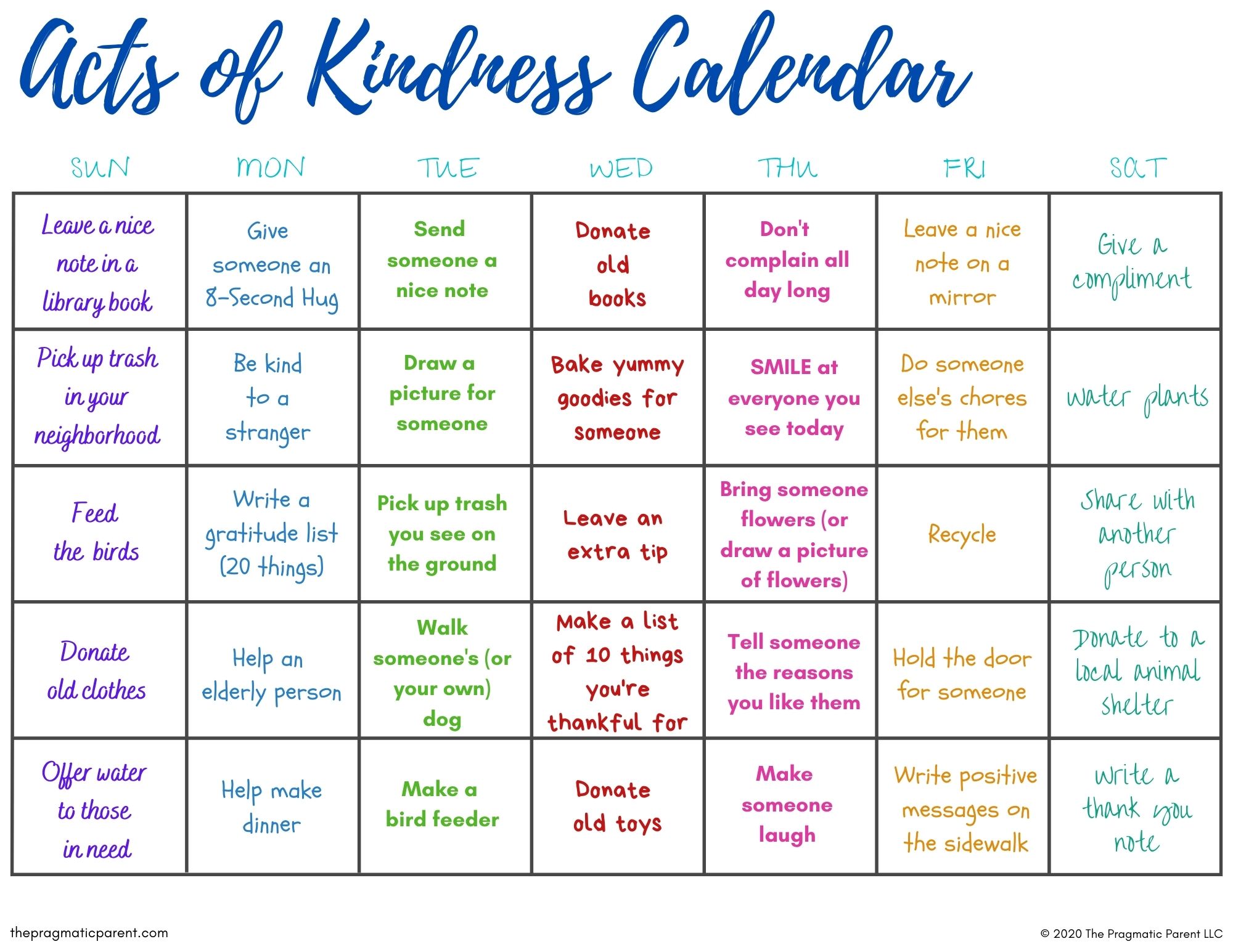
A hormone and a neurotransmitter that is scientifically associated with empathy, trust, kindness, love, and relationship-building.
We can reportedly all become human superspreaders by practicing simple acts of kindness.
Taken together, positive relationships irrespective of age and sex in particular if they involve closeness serve to create wellbeing and reduce stress levels on an everyday basis. Some individuals may prefer to relate with animals rather than relating to humans and a good relationship with a dog that involves physical contact seems to be an efficient way to achieve wellbeing, stress relief, and health-promoting effects.
These types of everyday interactions serve as positive self-soothing behaviors. In the absence of close and well-functioning social relationships with humans or dogs, alternative pathways may be used to achieve wellbeing and stress relief. Interestingly massage or other types of tactile interventions give rise to similar effect spectrums as the positive interactions listed above and can therefore be used to increase wellbeing, reduce anxiety and stress levels and increase social interactive behaviors. Also, yoga, different types of relaxation techniques as well as physical exercise is used by many people to achieve such positive effect.
Some other types of “interactions” with ingested or inhaled material, e.g., food, cigarettes, and even alcohol, may also be used to compensate for the rewarding actions normally achieved in a good interpersonal relationship. The calming and in a broad sense satisfying effects obtained after food intake are available to everybody. To use ingestion of food as a way to feel good and to reduce stress levels is very common in our time, and may result in overeating, and obesity. The difficulties in breaking too generous feeding habits may in part be due to an oxytocin-mediated bonding to the food. Similar mechanisms may be involved in smoking and even ingestion of alcohol.
- It is produced in the hypothalamus and released during the passion, childbirth, and reproductive functions.
- It has physical and psychological effects, including influencing social behavior and emotion.
- It also benefits people with an autistic spectrum disorder #ASD, anxiety, and irritable bowel syndrome.
The role of oxytocin is complex and not easy to pin down. While it appears to enhance bonding and the forming of communities, it may also encourage the formation of “in-groups” and “out-groups,” giving rise to envy, prejudice, and possibly aggression.
Participants in a study were more likely to lie for the benefit of others in the same group after receiving oxytocin. The findings, said researchers, could help with “providing insight into when and why collaboration turns into corruption.”
More investigation is needed to understand the complexity of oxytocin and what it does.